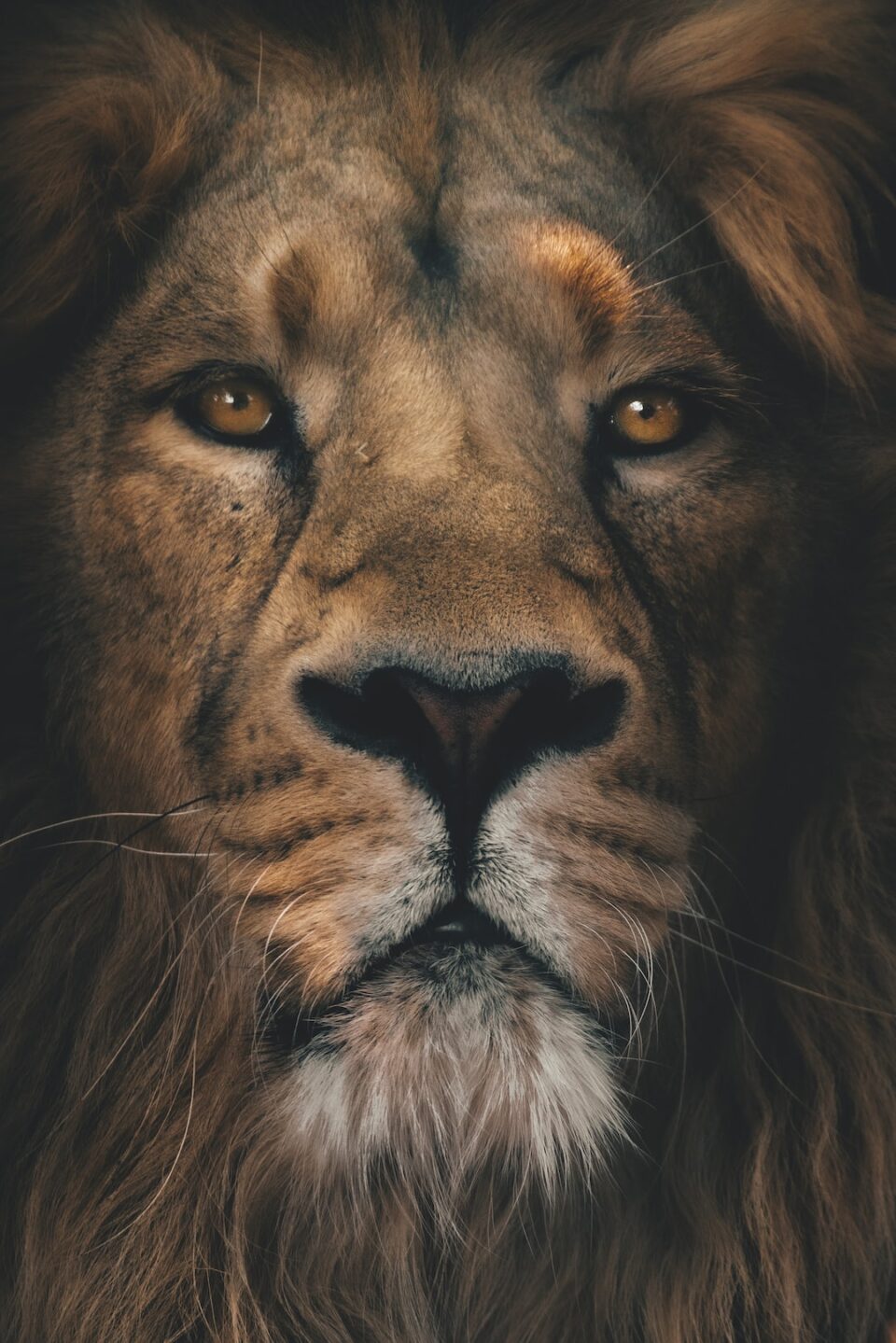The Ancient Bond Between Humans and Horses: From Transportation to Companionship
For thousands of years, humans and horses have shared a unique bond that has shaped civilizations and cultures around the world. What began as a means of transportation has evolved into a deep and profound companionship that continues to thrive to this day. The ancient bond between humans and horses has transcended time and has played a pivotal role in our history.
Horses have been invaluable to humans since their domestication around 4,000 BC. Initially, they were used solely for their strength and speed, enabling humans to travel long distances and expand their territories. From nomadic tribes to ancient empires, horses revolutionized transportation as they provided a means to explore foreign lands and establish trade routes that connected diverse societies. They were the engines that powered the chariots and calvary of ancient armies, further solidifying their indispensability.
As human civilization progressed, the role of horses expanded beyond their function as mere transportation. Their loyalty, intelligence, and gentle nature allowed them to become integral parts of human life. Horses were not only a means to get from one place to another, but they also became our companions and partners in various activities.
In many ancient cultures, horses were revered and held sacred. They were often associated with deities and seen as a symbol of power, strength, and military prowess. The Greek god Poseidon and the Roman god Neptune were depicted as riding horses, embodying their dominion over the seas. Additionally, the horse was a significant symbol in Celtic mythology, representing fertility, royalty, and divinity. These beliefs further demonstrate the deep respect and spiritual significance humans attached to horses.
The bond between humans and horses also grew through competitive activities such as horse racing, chariot racing, and equestrian sports. The thrill of witnessing the grace and speed of these magnificent creatures, combined with the skill and athleticism of their human counterparts, has captured the hearts of people throughout history. The Olympic Games, which originated in ancient Greece, showcased equestrian events, emphasizing the profound role that horses played in these ancient societies.
However, it wasn’t just their physical prowess that endeared horses to humans. Horses possess an uncanny ability to understand human emotions and form deep connections with their owners. This emotional intelligence has made them exceptional therapy animals, aiding in various endeavors such as equine-assisted therapy and rehabilitation programs. Horses have a remarkable ability to sense and respond to the emotional state of humans, providing comfort, solace, and oftentimes serving as a vital catalyst for healing.
In the modern world, the bond between humans and horses continues to persist. While transportation has predominantly shifted to automobiles, horses remain an essential part of recreational activities, sports, and agriculture. From trail rides and horse shows to therapeutic riding programs and even horse-assisted leadership training, these majestic animals have found new roles in our lives.
The ancient bond between humans and horses is a testament to the enduring connections that can be formed between different species. What began as a means of transportation has transformed into a lifelong companionship. From their crucial role in shaping civilizations to becoming therapy animals, horses have proven to be more than just a mode of transportation; they are our trusted friends, confidantes, and partners on this incredible journey called life.

